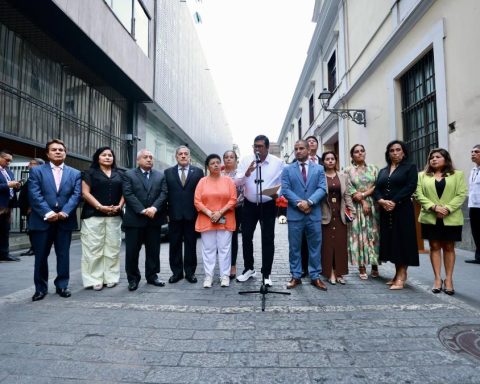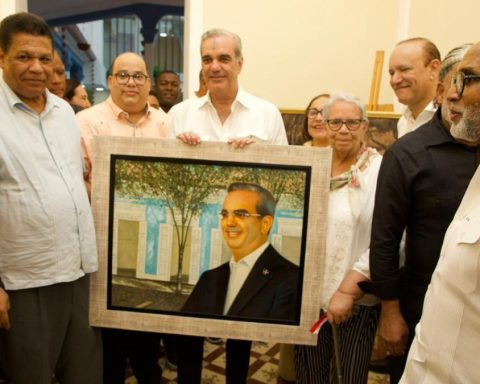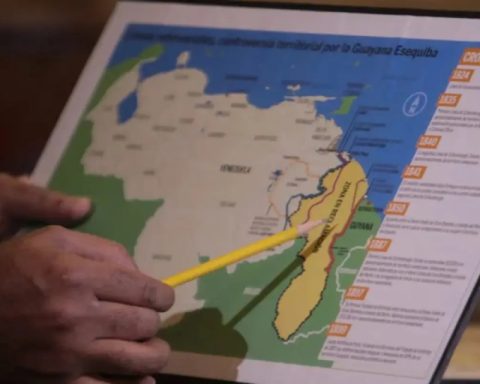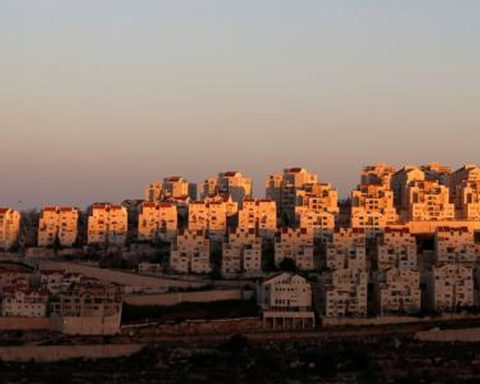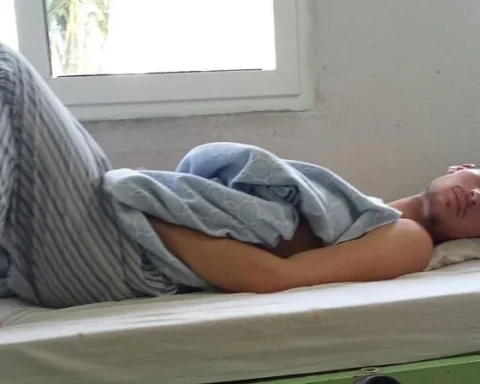We live surrounded by garbage and we don’t care.
“Environmental Minga. Let’s clean the Ita Pytá Punta viewpoint. We will wait for you”. The invitation was made by a neighborhood commission of the neighborhood that a resident defined as “very marked by garbage.” The photos that travel the networks and the graphic media show one of the most detestable sides of the behavior of thousands of Paraguayans: the indifference to living surrounded and immersed in garbage, to using public spaces to throw household waste or waste from any other source. Laziness or simple ignorance drives many people to turn all kinds of public spaces into landfills. Coexistence with garbage also defines that settler who has no roots, who does not consider the city his own, who does not feel identified with the space and environment that he has had to live in and who is, in short, a bird of passage . Why bother to keep clean a place you hate and would like to get away from as soon as possible?
The disposal of waste, organic or inert, is not something that organized cities leave to the will of the citizen. They are complex systems, which have a high operating cost and work compulsively. Environmental hygiene is expensive.
Let’s talk about examples. The Swedish city of Malmo operates an “eco-cycle” model that includes separation at source and facilities that generate energy from garbage, reducing the arrival of waste to landfill to 0.5% in 2020 figures. With this system, Malmo covers 60% of its heating needs by avoiding the use of gas or fuel oil. As a by-product, the plant generates 25,000 tons of biofertilizer per year (US$600 per ton), 10,000 tons of compost (US$75) and biogas (US$1,200), equivalent to two million liters of gasoline. It’s just a matter of doing the math to get an idea of the source of income generated by this way of solving an environmental problem by creating a business.
Of course, to reach this stage, it is necessary to have a sustainable plan, the appropriate investment and an efficient education program like the one in Curitiba, a municipality to which entire levies of Paraguayan citizens make a pilgrimage without any of them sticking to a single idea. That explains the complaint of the Ita Pytá Punta neighbor, tired of living in the middle of the garbage. Someday we will have a municipal mayor and not simple adventurers.













